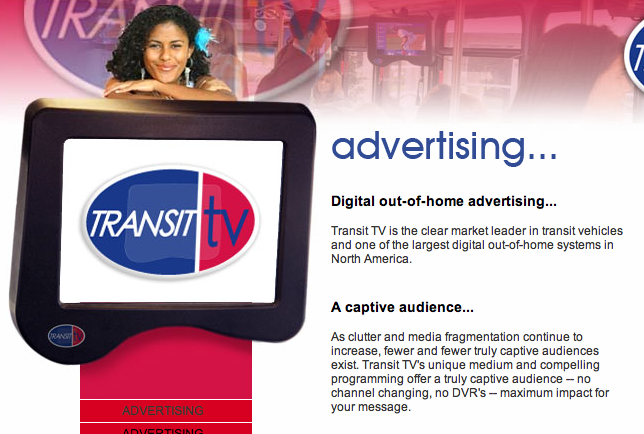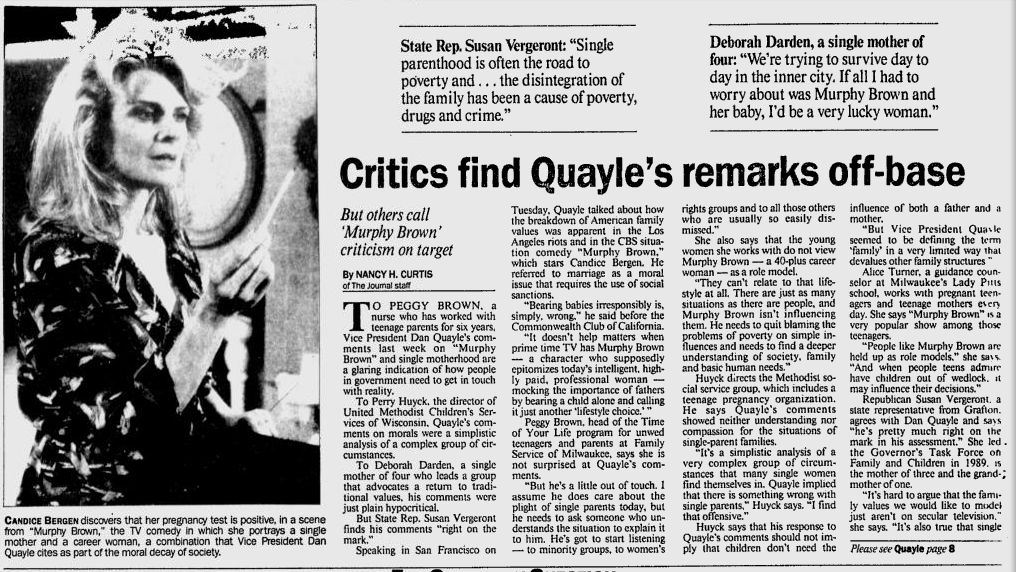Walmart has figured out how to charge more for their cheap imported goods: they now offer a credit card. If Walmart customers take out Walmart credit cards, then, presumably, all the consumers living hand-to-mouth now can make their interest payments directly to Walmart, instead of to the bank. Just cut out the middle man:
The language used in the advertisement above is conspicuous for a number of reasons. The sales persons are clearly trying to mislead the customers in the advertisement, promising a future filled with impossible high-tech wonders like “jet pack tennis shoes.” This type of deception is normal only insofar as consumers are accustomed to the lies and distortions associated with marketing — on a daily basis, the typical consumer is told more lies than truths. The advertisement also conflates spending with saving — two activities with opposite implications or one’s cash flow.
Spending has been equated with saving for some time. While this might sound a little “Orwellian” to some — a contradiction in terms that everybody accepts without thinking about it — this is just one more instance where PR and marketing is able to subvert human rationality.
If you assume — like most economists — that individual consumers are rational, benefit-maximizing free agents, who choose the most product for the least money, then there is no good way to account for why somebody would buy a low-end Lexus instead of a fully-loaded Toyota. One could appeal to status appeal to account for why somebody would buy a low-end Lexus instead of a high-end Toyota, but such an explanation would have to be made on sociological terms rather than economic terms. If one wants to explain this phenomenon in economic terms, one has to abandon the notion that consumers are rational. Abandoning the assumption of human rationality, in turn, can lead one in various directions: this either makes a claim about human nature, or, alternatively, one can look for influences in the culture that undermine rationality.
Perception management is the bread-and-butter of the PR and marketing industries. Marketing manipulates individual perceptions by creating new desires where none previously existed. PR replaces an individual’s perceptions with a corporation’s preferred perception. Spending becomes saving, you can’t live without the new smart phone — even though you’ve been living just fine for years without it. Must-have fashion accessories are not must-have in the same way as food or water, they are accessories — though the PR industry’s preferred terminology reveals an important fact of social psychology.
The tactics used by PR and marketing are able to elicit the most primal types of violent reactions among consumers seeking to gratify not basic needs, to to acquire scarce resources, but the desire for must-have accessories, and even mass-produced semi-disposable gadgets that will wind up in landfills before too long.



